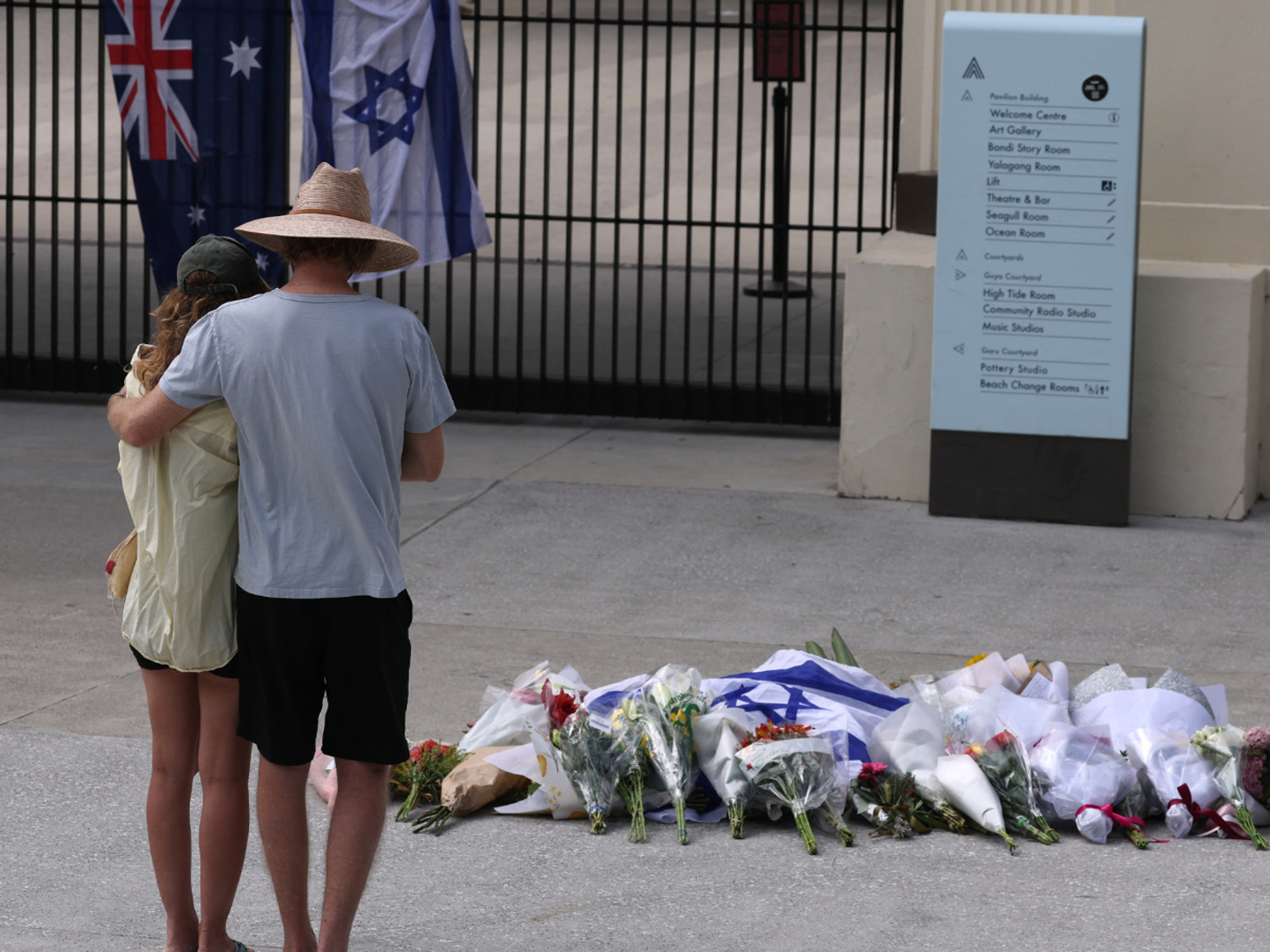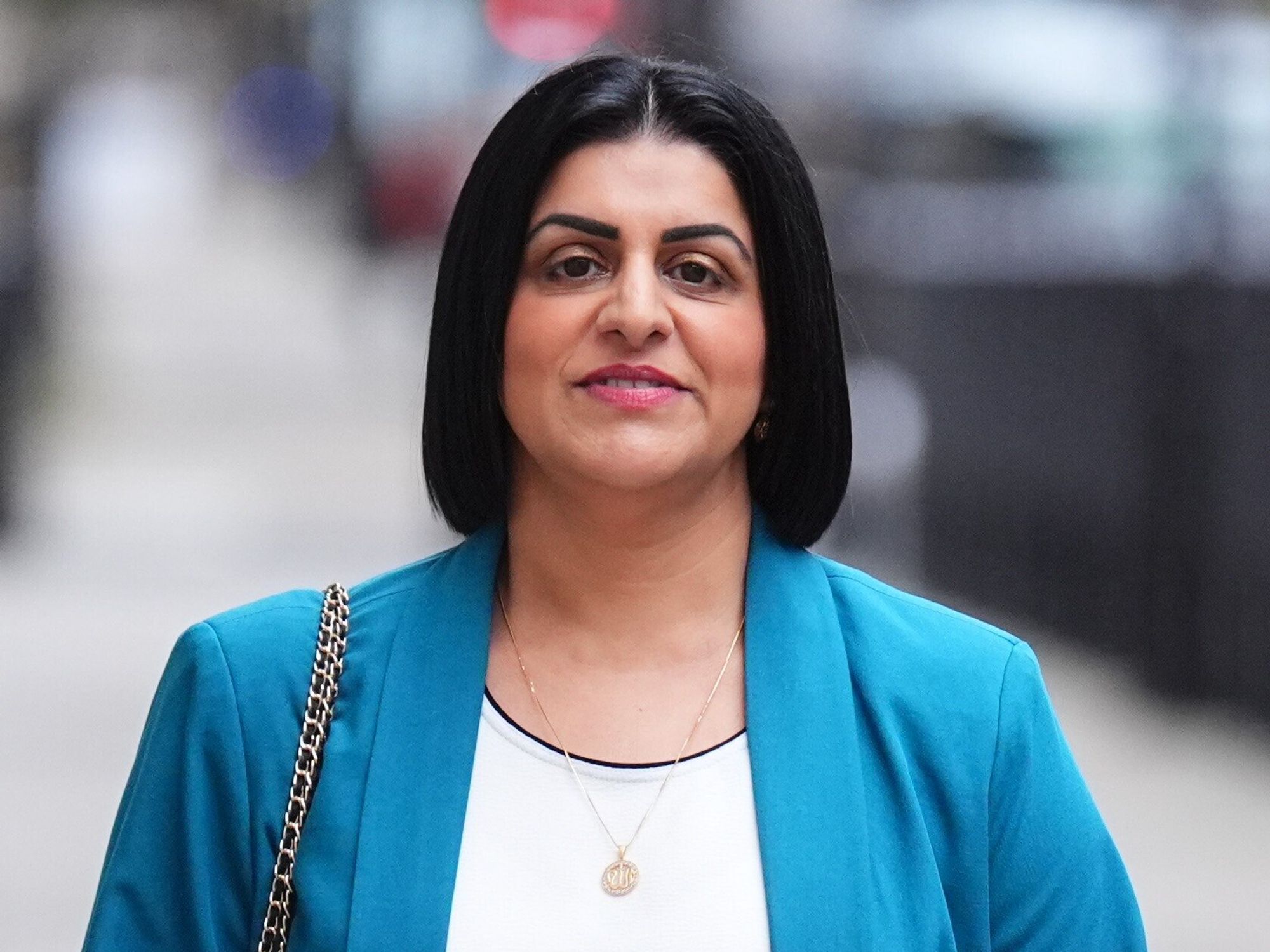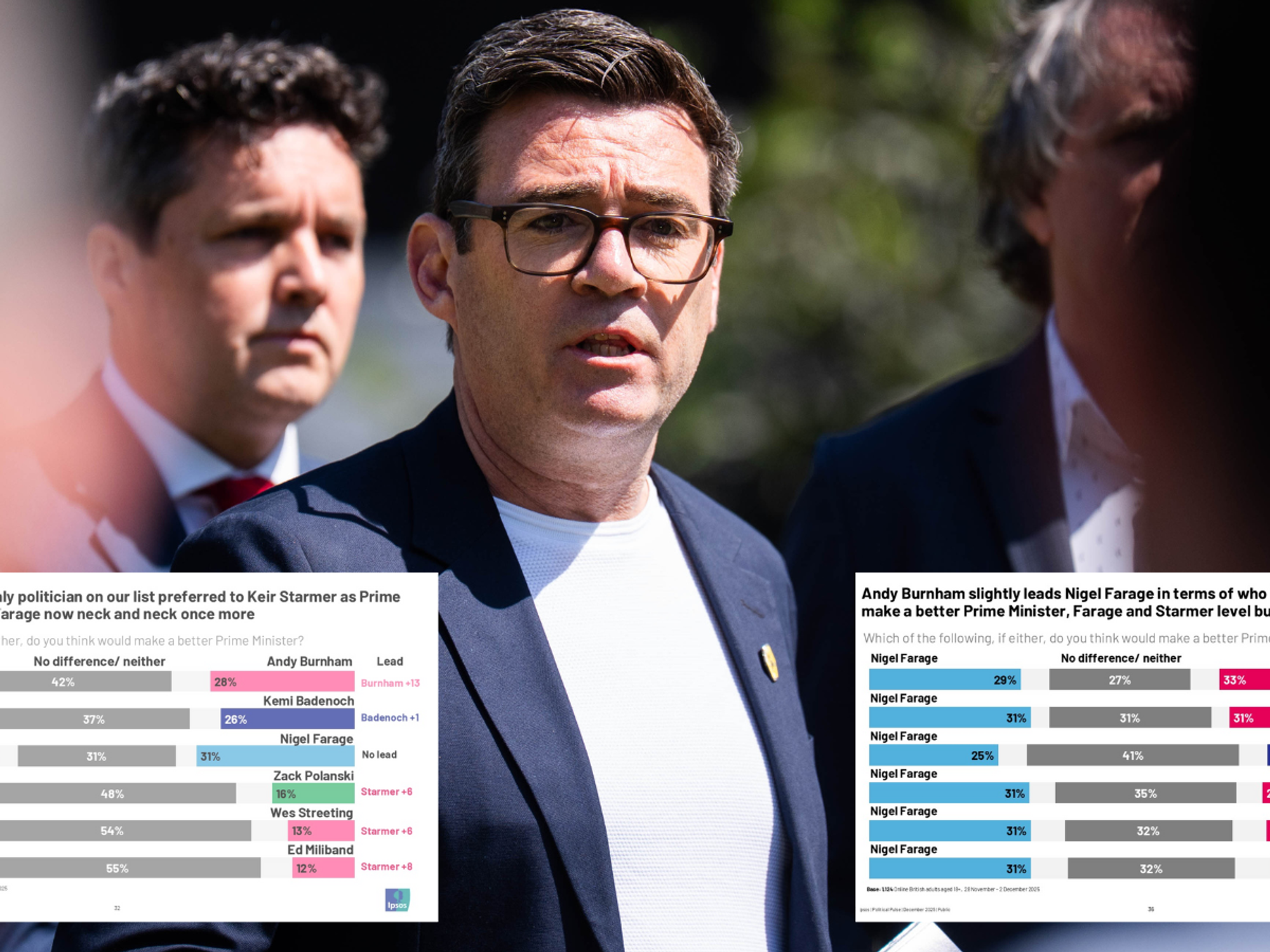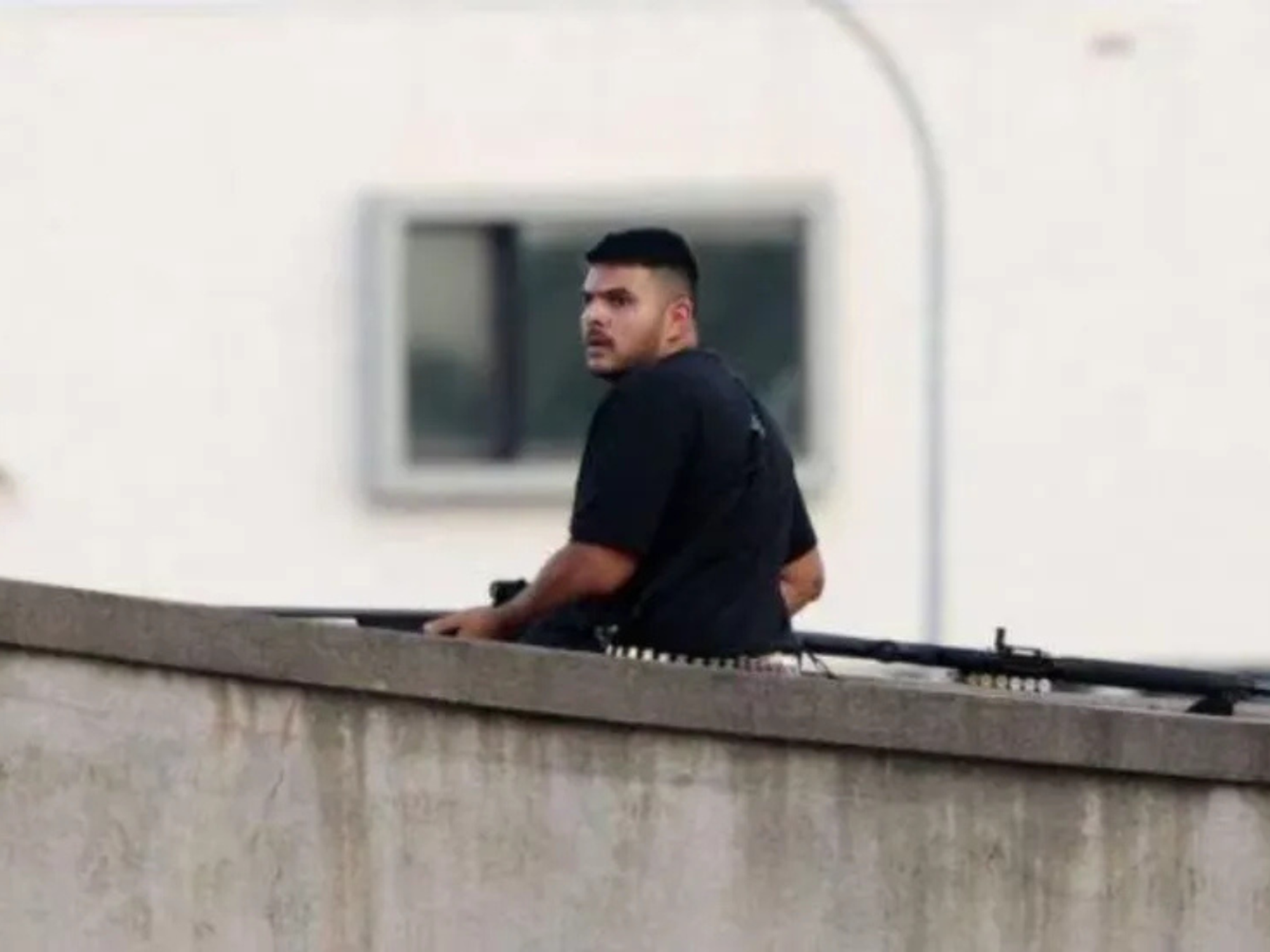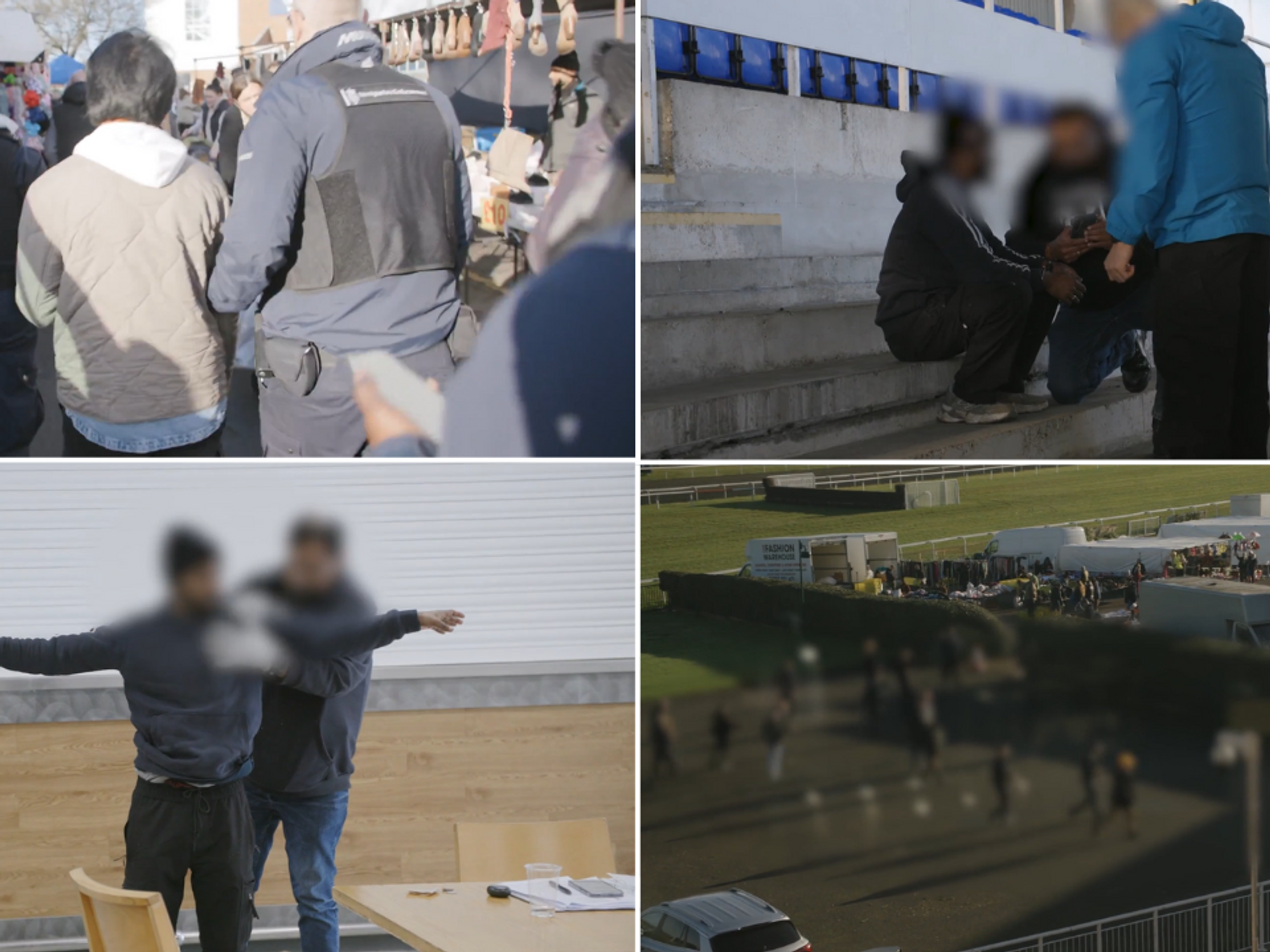Britons warned of the 30-minute symptom that can be life-threatening as UK heatwave triggers health alert
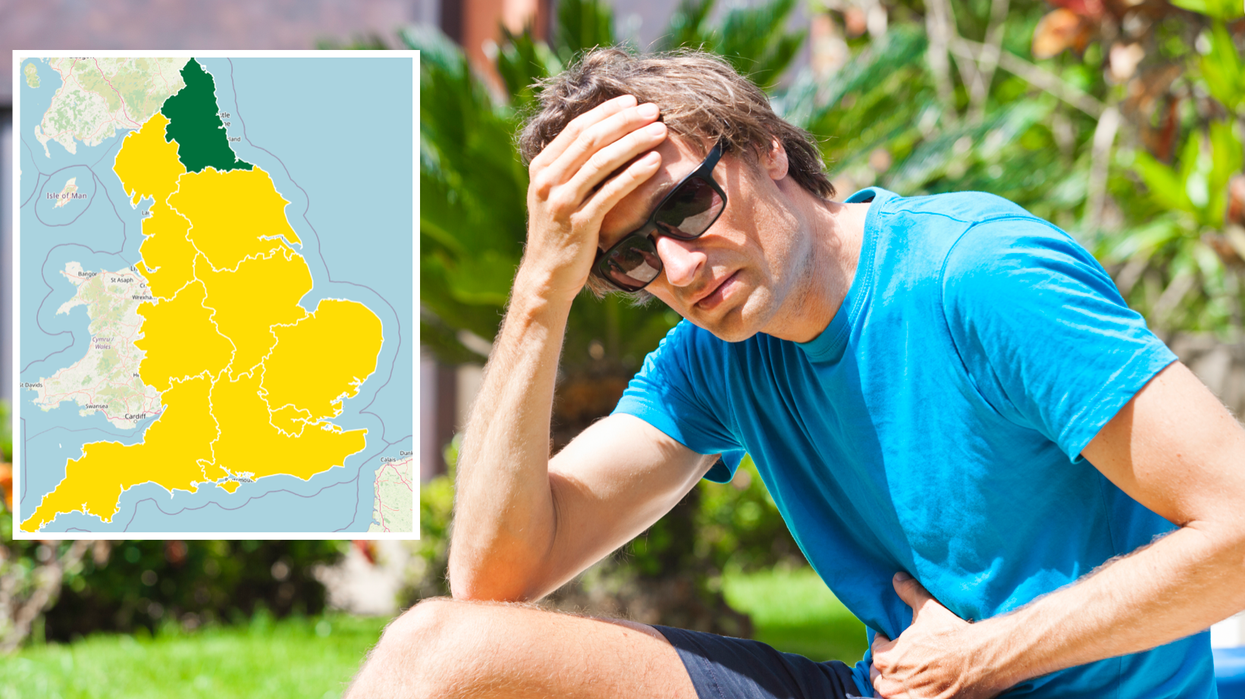
Experiencing the symptoms of heat exhaustion, such as feeling faint, for more than 30 minutes can signal heatstroke
|Getty Images

Call 999 immediately if you fall into the danger zone, advises the NHS
Don't Miss
Most Read
Latest
Britons are being urged to watch out for the telltale signs of heatstroke after a yellow heat health alert was issued for most of England on Monday, with temperatures expected to reach 31C.
The alert, issued jointly by the UK Health Security Agency (UKHSA) and Met Office, came into force 8am on Monday and remains in place until 5pm on Thursday.
The yellow health alert means a response is required to protect particularly vulnerable people, such as older friends, family or neighbours, as temperatures climb.
If you or someone close to you experiences the signs of heat exhaustion and are not improving within 30 minutes, you should call 999 immediately, advises the NHS.
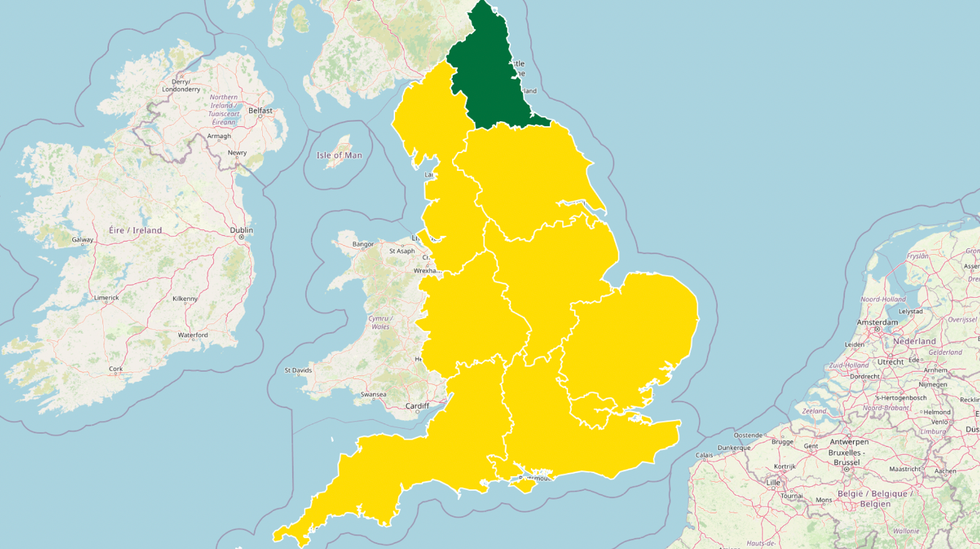
a yellow heat health alert has been issued for most of England and will be in force until Thursday
|UKHSA
As the health body explains, this could signal heatstroke - a medical emergency.
How this works
Heat exhaustion occurs when the body overheats and cannot cool down. Heat exhaustion does not usually need emergency medical attention if you cool down within 30 minutes. If you do not take action to cool down, heat exhaustion can lead to heatstroke.
Common symptoms of heat exhaustion include:
- Tiredness
- Weakness
- Feeling faint
- Headache
- Muscle cramps
- Feeling or being sick
- Heavy sweating
- Intense thirst
Heatstroke is where the body is no longer able to cool down and the body temperature becomes dangerously high.
Common symptoms of heatstroke include:
- Confusion
- Lack of co-ordination
- Fast heartbeat
- Fast breathing or shortness of breath
- Hot skin that is not sweating
- Seizures
How to cool down
According to Caroline Abrahams, Age UK Charity Director, it’s a good idea to take some simple precautions such as staying out of direct sunlight and drinking lots of fluids to stay hydrated.
It is also worth doing any daily activities, such as going for a walk, shopping, or gardening before or after the hottest part of the day which is 11-3pm, she says.
"Most of our homes aren’t really designed to cope with scorching weather, so it’s a good idea to do all we can to keep the cool air in and hot air out. We can keep windows open at night, but it’s best to keep both windows and curtains closed during the day."
It's also vital that we all do our bit to keep older people safe during episodes of severe heat by checking in on older relatives, friends, and neighbours to see if they need anything and to make sure they are not feeling overwhelmed by the excessive heat, the Age UK expert says.
LATEST DEVELOPMENTS
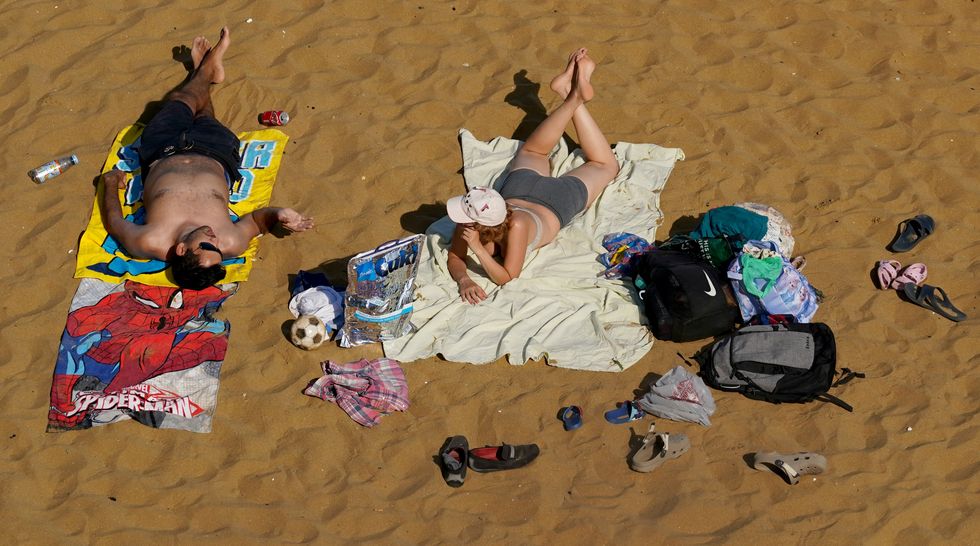
The heat is only expected to last until Wednesday with heavy showers, thunderstorms and persistent rain returning
| PAThis could take the form of getting shopping or picking up any medication, or you may even have an extra fan you could lend, she suggests.
UK heatwave latest
The UK Health Security Agency (UKHSA) has issued yellow heat-health alerts for most of England, warning the warm conditions could pose a risk to vulnerable individuals.
The heat is only expected to last until Wednesday with heavy showers, thunderstorms and persistent rain possibly returning in the west as the week goes on.
It marks a break from the rainy spring, which saw 32 percent more rainfall than the average in England and Wales according to the Met Office, and hampered businesses reliant on tourism or high street foot traffic.





